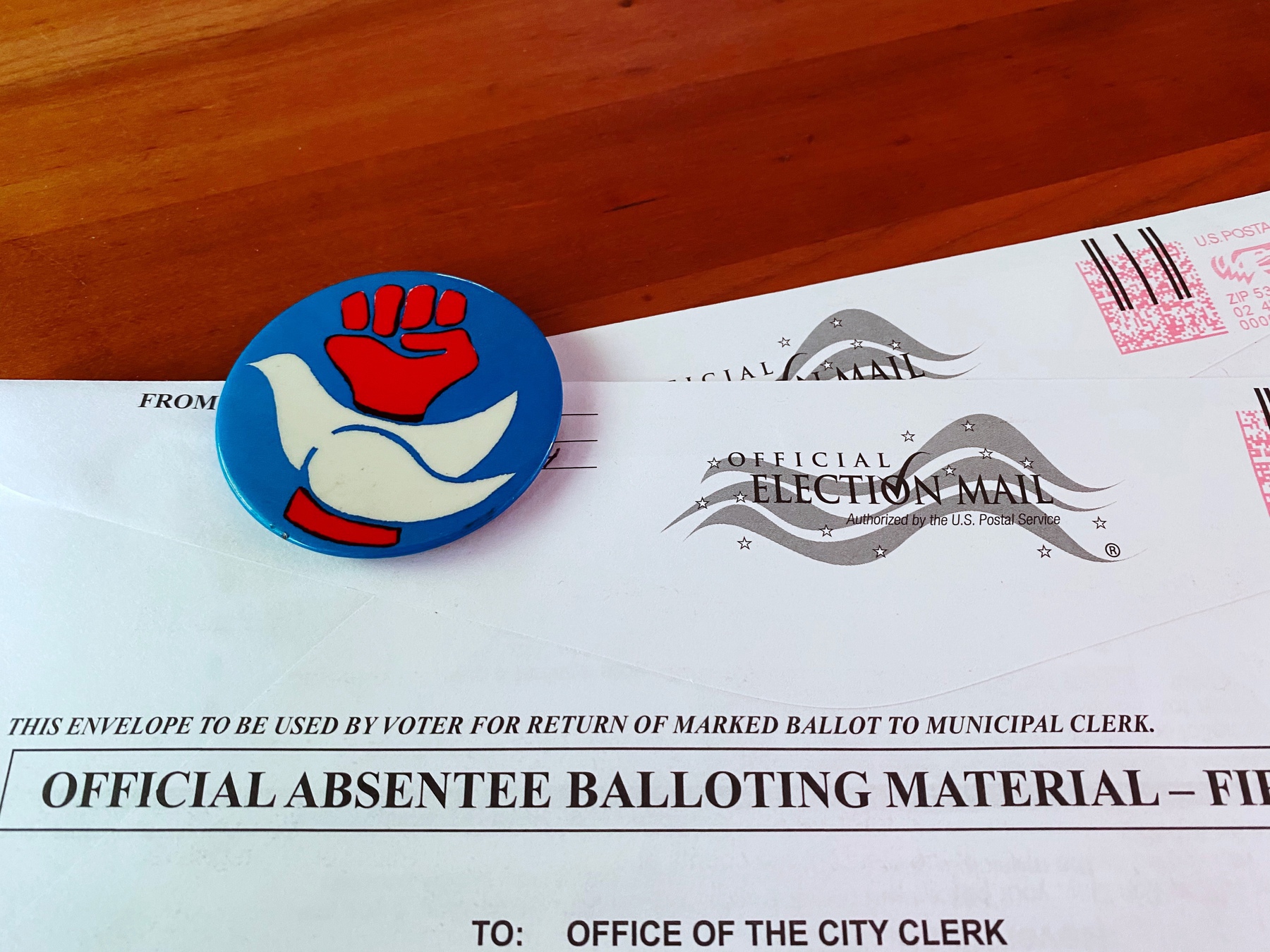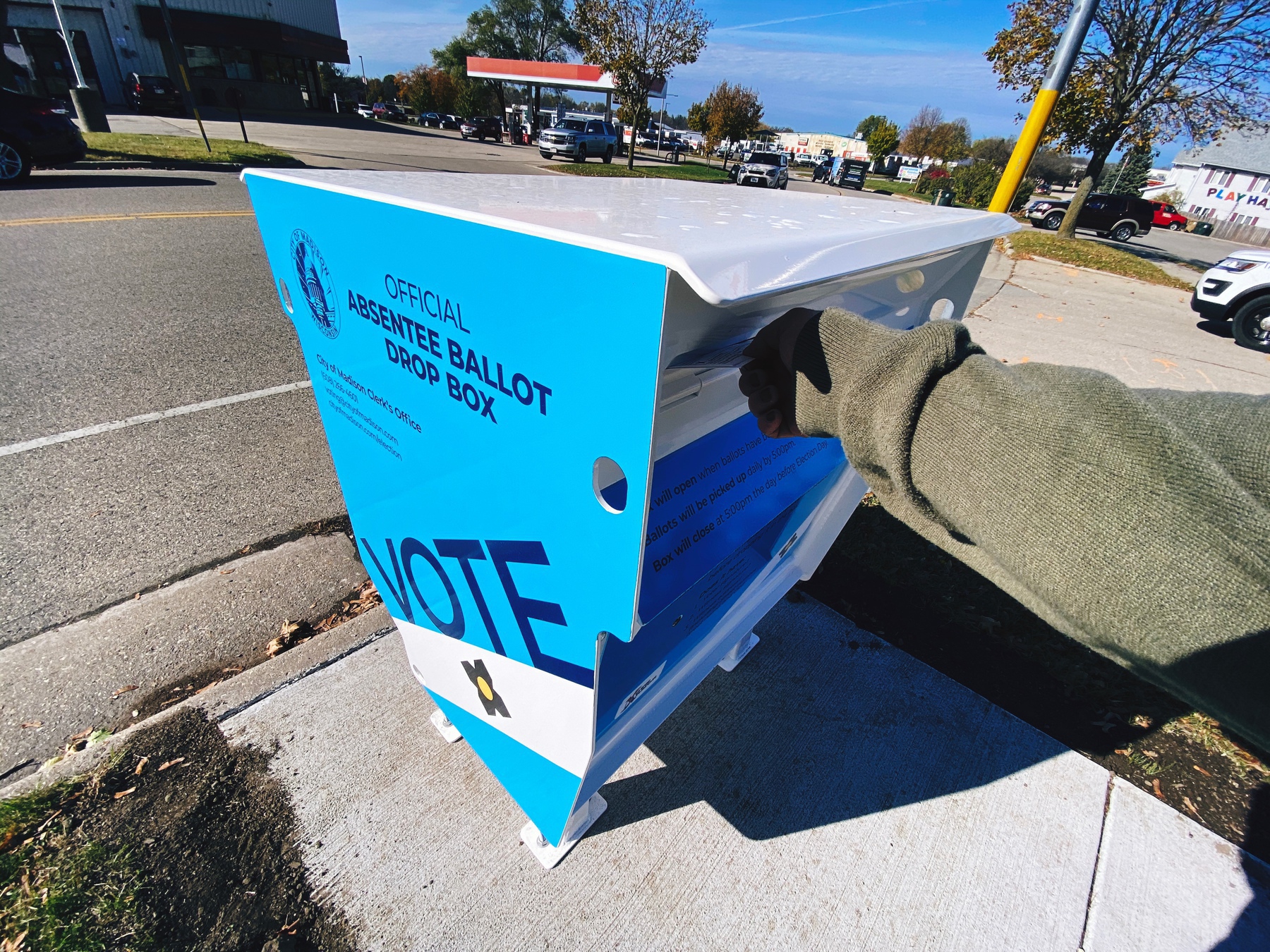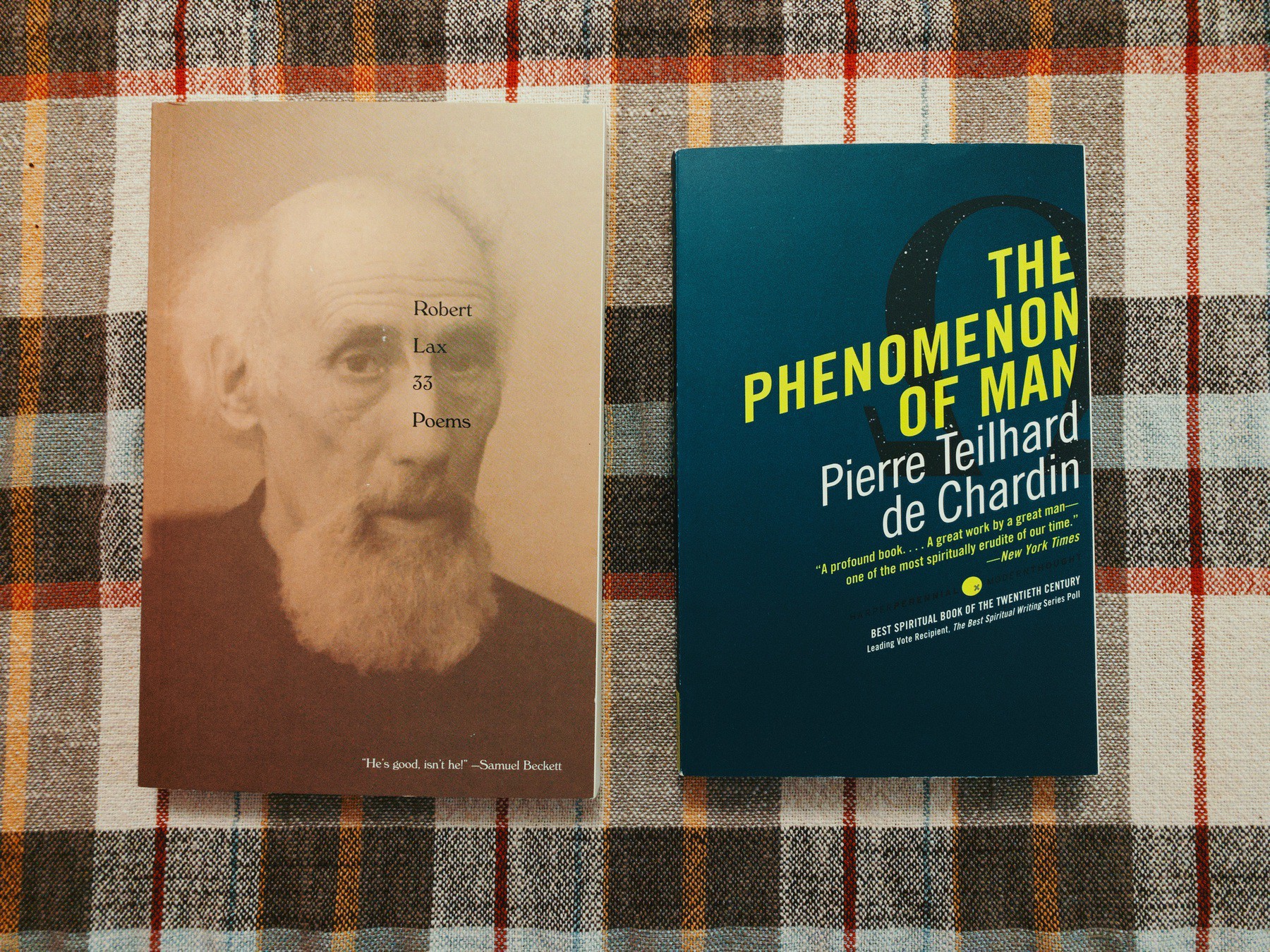-
Meaning, Purpose, and the Mirage of Human Progress
This really hit home:
My need for meaning and purpose, and my desire to be part of something bigger than myself, were likely motivators for joining the military. People assume that it’s the bad experiences soldiers have endured that make it difficult to adjust to life after the military. While this is sometimes true, very often it’s the absence of what soldiers valued that makes the transition difficult – the loss of meaning, sense of purpose and belonging. Those who sign up for service are likely more hard-wired than most to seek these things, making the loss all the keener. Under Gray’s influence, I recognise the difficulty of this loss and have found solace in his advice about how one can aspire to move past these innate human needs. I am not yet living in a way that Gray would approve of, hope for progress is more intoxicating than the dry lessons of history, but I am more selective in my choice of distractions today, and aspire one day to just be able to sit still in a room and live in that scented moment, before it’s gone.
Reading John Gray in war | Aeon
-
Getting a patient history from someone clearly suffering from amnesia was fairly pointless. ‘My brain can’t be broken,’ I offered, ‘It’s my best part.’
Sudden amnesia showed me the self is a convenient fiction | Psyche
-
The “Arrow” argument is how I see this.
The future is seen as ‘nobody’s time’, an unclaimed territory that is equally devoid of inhabitants. Like the distant realms of empire, it is ours for the taking.
Future generations deserve good ancestors. Will you be one? | Psyche
-
We are all Perpetual Novices
The fast pace of technological change turns us all, in a sense, into “perpetual novices”, always on the upward slope of learning, our knowledge constantly requiring upgrades, like our phones. Few of us can channel our undivided attention into a lifelong craft. Even if we keep the same job, the required skills change. The more willing we are to be brave beginners, the better.
A fantastic argument for the value of a liberal arts education & for embracing a lifetime of shoshin (“beginner’s mind”).
The joys of being an absolute beginner – for life | The Guardian
-
Happiness, suffering, & asceticism.
The Semi-Satisfied Life | Aeon
-
Lost in Space
We use our location as a way to think about our identity. In the case of the cosmos the timescale is well beyond our very short lifetimes or even beyond our comprehension. Some of the answers to these questions won’t be solved while we are still here but will be left to the incoming generations and the truth is there are questions that will simply be passed on and never answered. The quest might seem a bit nonsensical. Why does it matter when or how the universe began? Why does it matter when or how it ends? It matters for the same reason your locations throughout your life carry context for who you are. We exist on a timeline together — we pop into existence and then one day we stop. It matters for the same reason one of the first questions you learn to ask in another language is, “where are you from?” To know where you are at any given time is a frame of reference in which to measure your life in some way and in many ways those locations, those slices of time, hold a great deal of meaning.
A poignant reflection on the meaning of existence in a universe we’ll never understand.
An Atlas of the Cosmos | Longreads
-
I’m not sold on a perspective that seeks contentment by saying, essentially, “I wait, therefore I (still) am.” And yet, I cannot wait unless I am.
Life is moving faster than ever, yet we spend just as much time waiting | The Correspondent
-
[Blake] understands that it is not the physical eye that enables what we see, but the mind’s eye: the retina, optic nerve and brain are the servants, not masters, of perception.
America’s looming dystopia is, in part, a failure of imagination.
The four-fold imagination | Aeon
-
Placing the struggle for goodness at the heart of morality:
The conquest that mattered to Ashoka is self-conquest; power, expressed as control over one’s self-regarding attitudes and emotions, is now to be channelled into moral concern for others.
Ashoka’s moral empire | Aeon
-
The Commercialization of Truth
Rob Wijnberg on how the application of economic precepts to all aspects of life commercialized society, turning truth-seeking citizens into satisfaction-seeking consumers:
Nearly all major flows of information – from news to politics, from science to art – were subjected to the laws of public relations: aligned with target audiences and assessed on the basis of reach and revenues.
The economisation of our worldview, the market-based reframing of society, the commercialisation of information and the professionalisation of communication are the four pillars on which the new era rests: the era of truth as a product.
Truth is no longer given (premodern), found (modern) or created (postmodern), truth is sold.
Truth be sold: how truth became a product | The Correspondent
-
What if it was a collapse of illusions – the collapse of unrealistic thinking – and the glimpse of a reality that actually caused my anxiety? What if, when depressed, we actually perceive reality more accurately?
Depressive realism | Aeon
-
At a time when liberal humanism is facing the very real and present threat of eclipse, one can hardly be blamed for imagining how much nobler and more decent the world might be if it took more notice of [Isaiah] Berlin.
Philosopher of the human | Aeon
-
Anthropologists embarked on
…a quest to answer one of the most basic—and most profound—questions about human consciousness: Did color spring from our heads or our tongues? Or from somewhere in between?
Why Red Means Red in Almost Every Language | Nautilus
-
Democracies, Oligarchies, & Citizens’ Assemblies
Are our political systems true democracies, or oligarchies in populist clothing?
For Aristotle, whether states were oligarchic or democratic was deeply ingrained in their ways of working – the politics of structure itself. He believed that cities that chose their office holders, jurors and judges by lottery were democratic and that those using elections were oligarchic – that’s Greek for government of, by, and for the few.
He argued that lotteries extinguish the electoral campaigning advantages of wealthier, more expensively educated candidates over poorer adversaries. He reasoned that a handful of people, grown used to generations in office, are easier to corrupt than the many.
On citizens’ assemblies, a contemporary pro-democratic initiative with corrective potential:
The assemblies’ combination of “demos” (people) exercising “kratos” (power, or government) was not exactly how ancient Athenians practised “democracy”. Aristotle could certainly have found fault with the formula. Yet he’d also have recognised assemblies’ democratic core: the absence of elected representatives taking the place of citizens.
An Athenian remedy: the rise, fall and possible rebirth of democracy |\ The Correspondent
-
Emoji & Censorship of Dissidents
Last January I wrote of my personal (and, in an update, ongoing) resistance to emoji:
Emoji is a language of borrowed “words” “curated” by technocrats (experts, presumably of technology, at the Unicode Consortium), who release those new “words” to platform vendors like Apple, Google, Facebook, & Twitter, who then decide how their users can express these “words” by altering their visual representation. (See Emojipedia for myriad examples ranging from humorous differences in artistic taste to clear differences in meaning.) The only control in this arrangement that remains for the actual users of emoji are which symbols are used, and whether additional meanings are assigned to them within a specific sub-set of the wider emoji-using culture. (All languages likely are capable of this aspect of use; it’s just that this appears to me to be the full extent of agency for “speakers” of emoji.) In a sense, emoji are to language what Twitter & Facebook are to the web — a proprietary platform created & controlled by technocrats that limits the agency of its users — who once exclusively expressed themselves through a messy, but wide-open & democratic platform instead.
The Hong Kong Free Press, reporting this past Saturday (via Daring Fireball):
The Republic of China flag emoji has disappeared from Apple iPhone’s keyboard for Hong Kong and Macau users. The change happened for users who updated their phones to the latest operating system.
Updating iPhones to iOS 13.1.1 or above caused the flag emoji to disappear from the emoji keyboard.
-
The subjective world of phenomenal consciousness is a fiction written by our brains in order to help us track the impact that the world makes on us.
An absolutely fascinating article for your weekend reading.
The Consciousness Illusion | Aeon
-
Why do the expectations that we carry, for ourselves and for others, matter? Because they act as a sieve for culturally appropriate feelings, the emotional component of claims to dignity.
The Social Meanings of Dignity at Work | The Hedgehog Review
-
With The Overstory, Powers has not created a fable so much as translated reality into a compelling system of belief.
Halfway through The Overstory, I’m thoroughly enthralled.
Writing the Pulitzer-Winning The Overstory Changed Richard Powers’s Life | The Atlantic (Spoilers!)
-
What was [Walter] Benjamin carrying that was so precious to him? Which text, if it wasn’t The Arcades Project, which he had given to Bataille, or the ‘Theses on the Philosophy of History’, which he had entrusted to Arendt?
Lost in Migration | Aeon
-
Because the times she lived in were also dark, violent and unpredictable, and because she was smart, diligent and hardworking, Arendt was good at thinking quickly and accurately about the politically and morally unprecedented.
-
Meritocracy is the most self-congratulatory of distribution principles. Its ideological alchemy transmutes property into praise, material inequality into personal superiority.
A belief in meritocracy is not only false: it’s bad for you | Aeon
-
Assumptions about what exists and what is fundamental exert a powerful influence on our lives. Indeed, the less aware we are of our metaphysical assumptions, the more we are subject to them.
-
There are only two problems with the work ethic today: Work doesn’t reliably deliver the social, moral, and spiritual goods it promises, and artificial intelligence is about to render the work ethic moot.
When Work and Meaning Part Ways | The Hedgehog Review
subscribe via RSS


